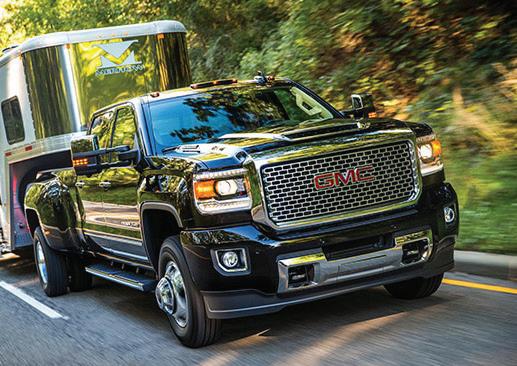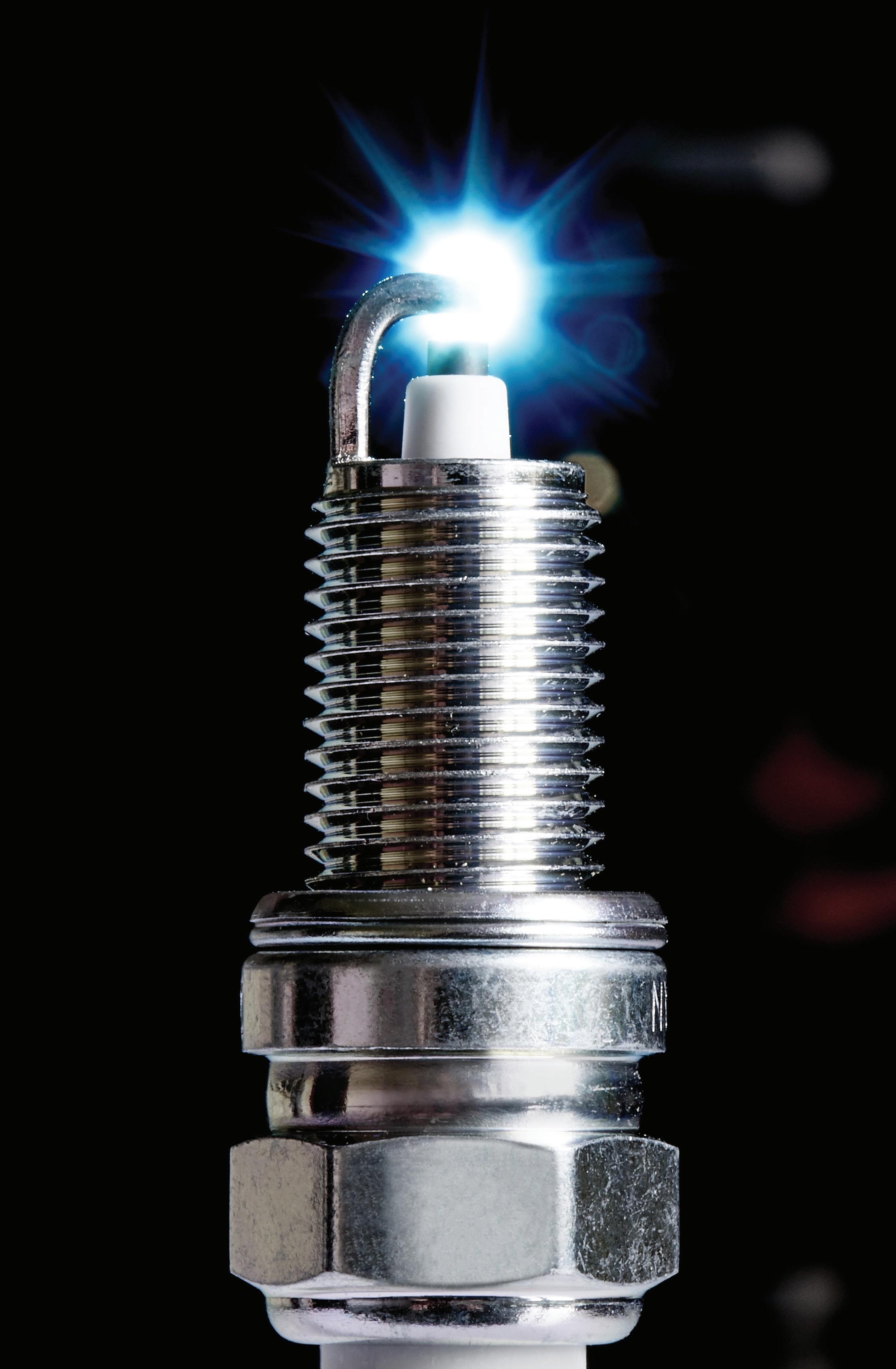Light Duty Diesel
LIGHT DUTY DIESEL ENGINE TIPS A brief overview of common issues
S By Mike Mavrigian
COURTESY OF GMC
Shops that don’t necessarily specialize in diesel engine repair and maintenance need to do their homework to stay abreast of both previous and current diesel engine control systems in order to service their light truck/towing customers. Here we’ve included a selection of various tips and tricks to help you get your feet wet in the diesel light truck market.
COMMON ISSUES AND DIAGNOSING HARD-START Today’s light duty diesel engines, featured in 1/2-ton to 1-ton trucks and their SUV and passenger car counterparts, are wonderful machines capable of great fuel mileage and producing plenty of torque... when they run properly, that is. One of the common problems regarding diesels is the issue of hard-starts or no-starts, especially in cold ambient temperatures. As temperatures drop, the engine oil begins to thicken. While engine oil in a gasoline engine is intended to only lubricate the internals (main bearings, rod bearings, oil rings, cylinder walls, valvetrain etc.), in various diesel engine designs, the oil is also used to run a high pressure fuel pump that provides fuel pressure to the injectors. When the oil viscosity is too thick to run through the small orifices in the high pressure pump, the injectors may not operate properly. When a customer’s diesel experiences a hardstart, the first item to check is the engine oil
Diesel engines are the powerplant of choice for those who tow and require plenty of pulling torque. GM, Ford and Chrysler all vie for the business, and the need for shops to keep abreast of current diesel engine expertise is growing. — not only oil level, but the condition of the oil. Oil that is too thick also causes a drag at the bearings, resulting in the starting system to battle against the extra draw demand. Regardless of what someone’s uncle or cousin recommends as the proper engine oil, it’s best to simply follow the engine maker’s recommendation, based on current weather conditions. For example, in cold temperatures, the manufacturer might recommend a CG-4 rated full synthetic oil. If the oil is OK but the crank speed is low, obviously check the battery state of charge/ condition and output, as well as all cable conA ugu st 2 0 2 0
02_ASP_Profile-Diesel_0820.indd 33
ASP
33 7/30/20 7:58 AM




